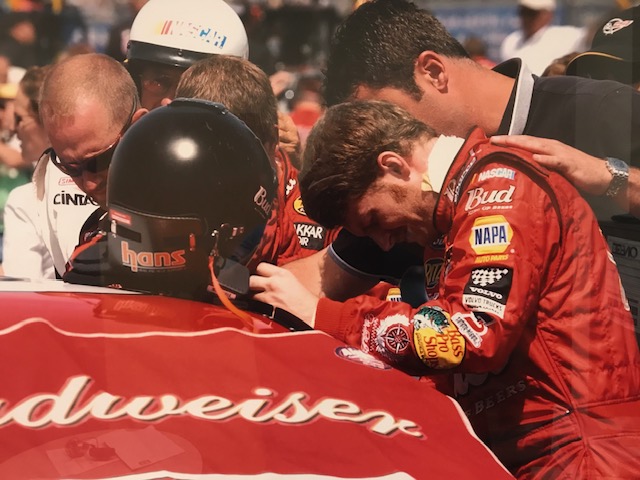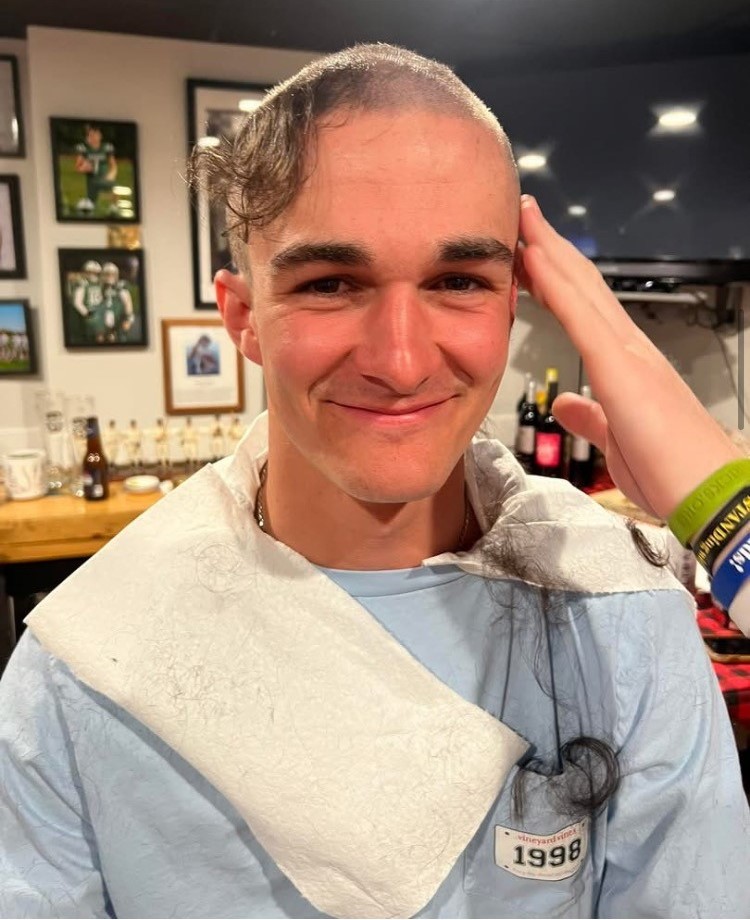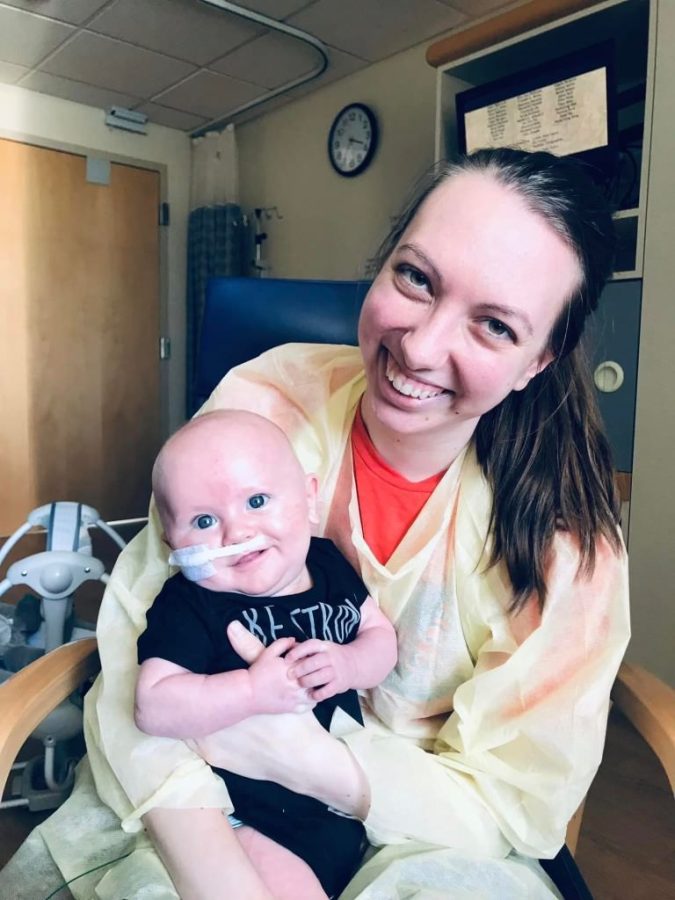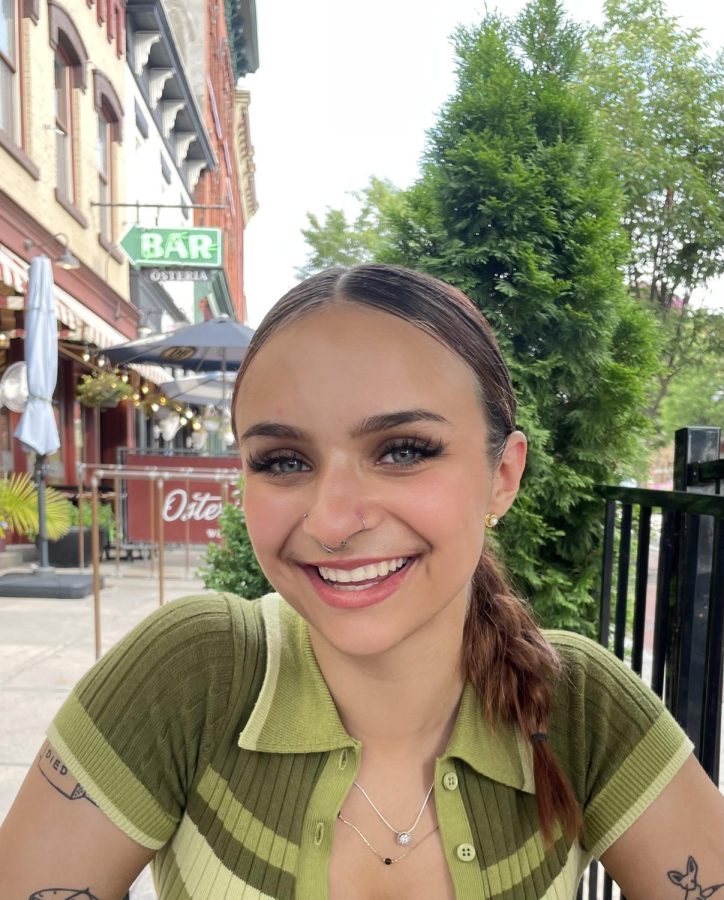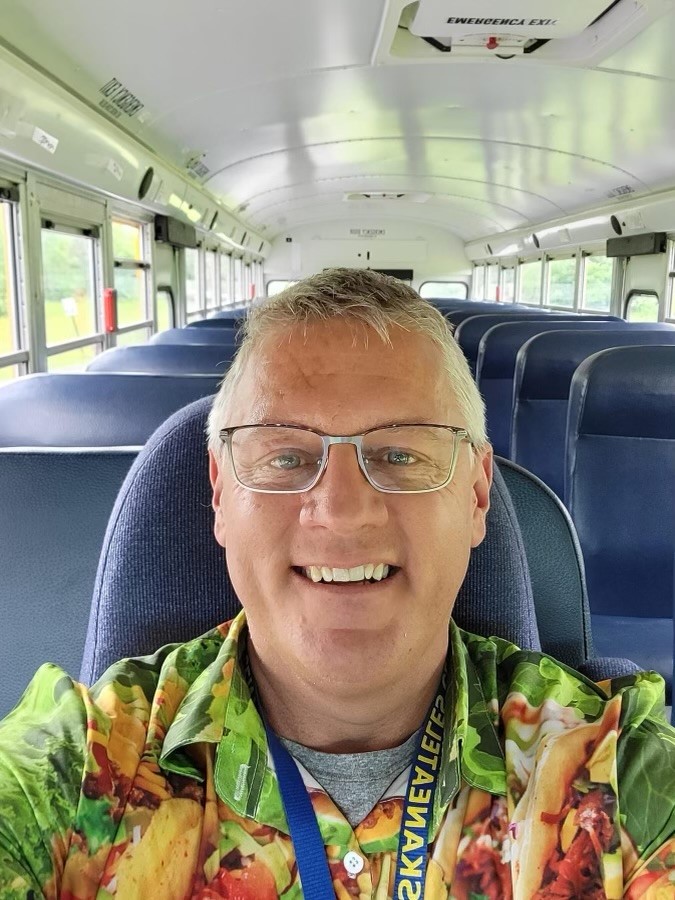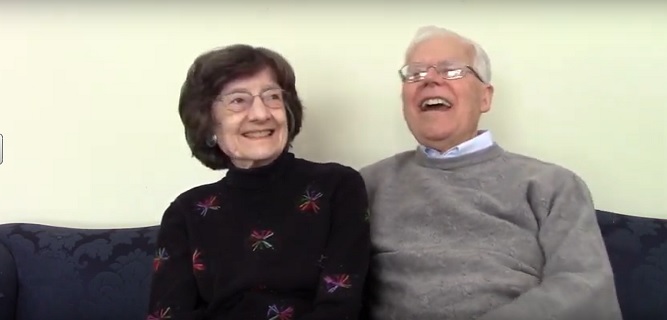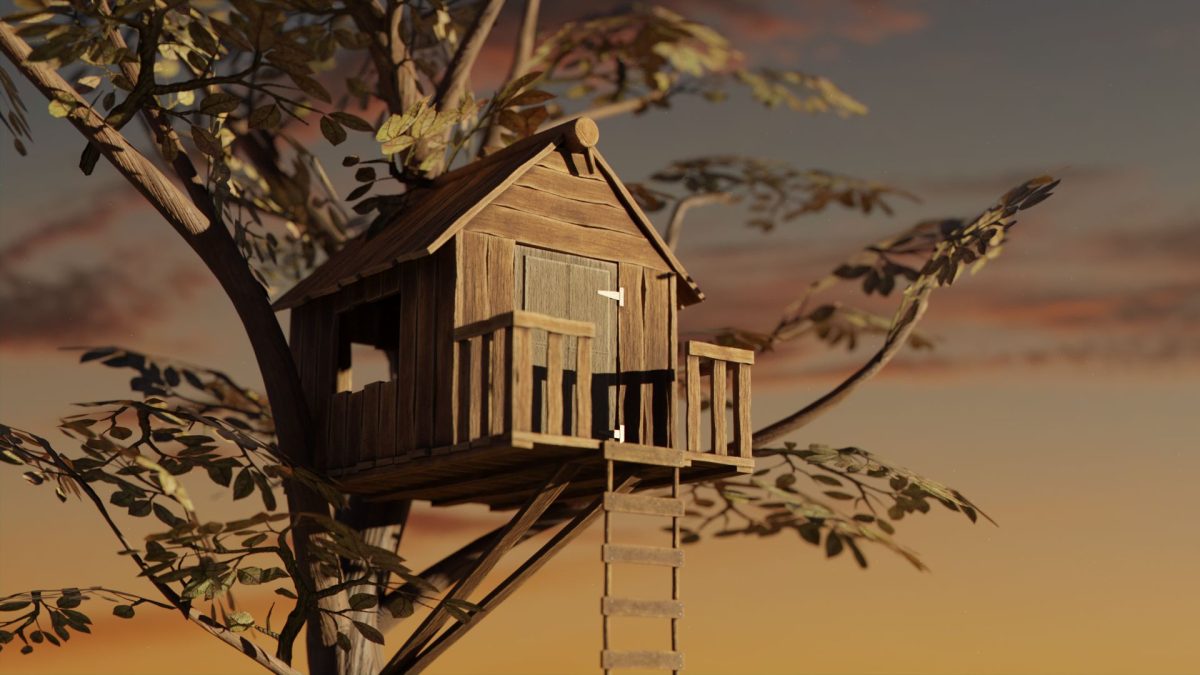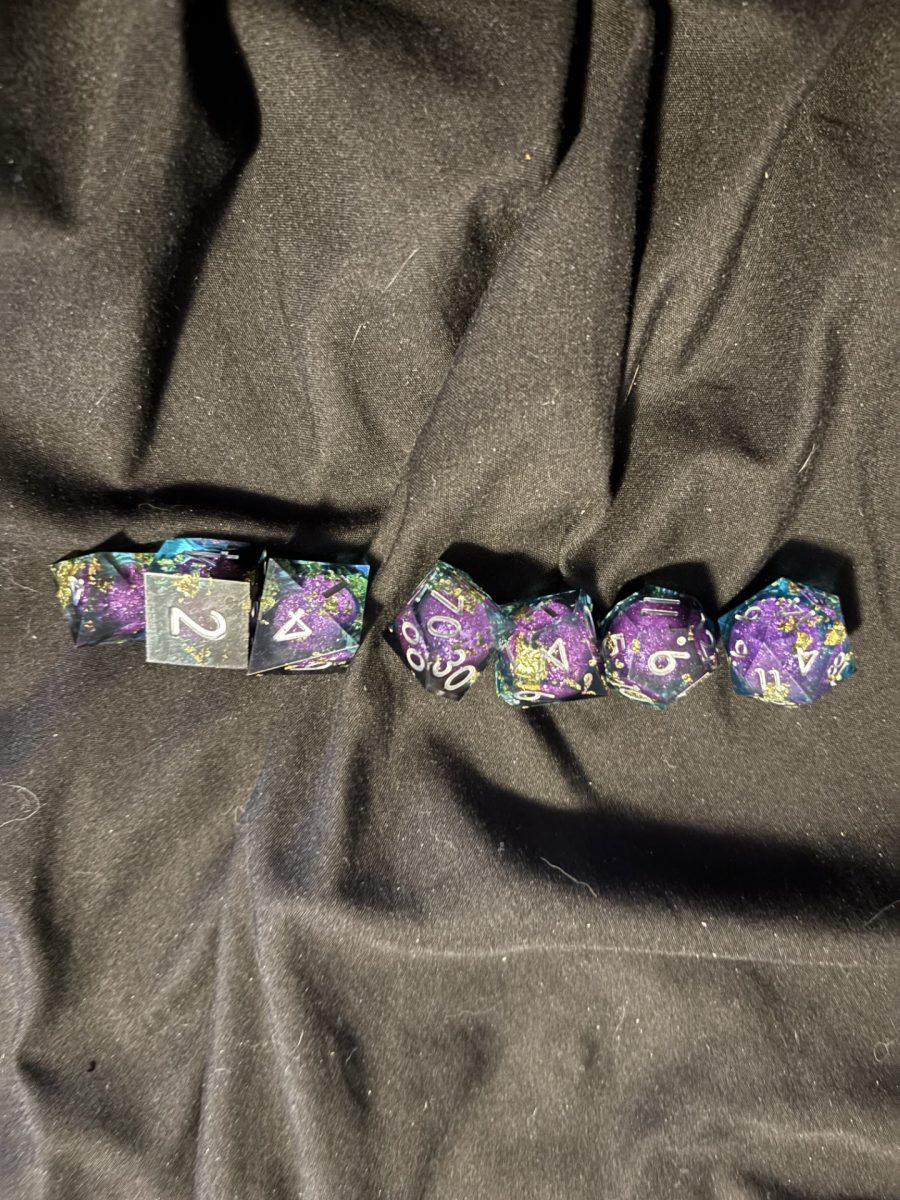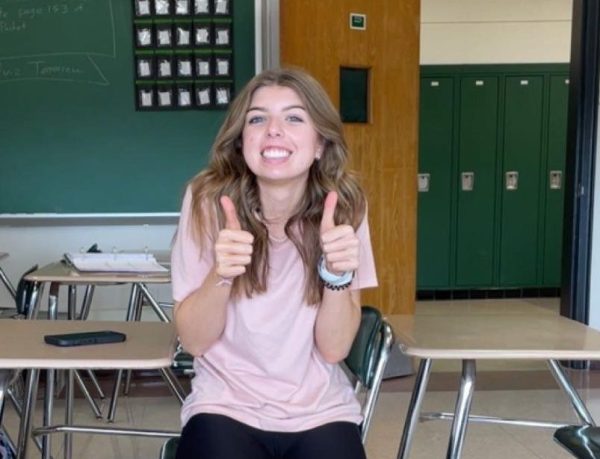“Sports were just a huge part of me and a huge part of Weedsport, and now I get to be a part of that again, and it’s fun. It makes me proud to be a Weedsport Warrior/ Wolverine.”
Once a Weedsport Warrior, now a Weedsport Wolverine, Eric Quinn graduated in 1986 from Weedsport and continues to impact the school.
After Quinn graduated he attended Cayuga Community College for 2 years, then went to the University of Northwestern St. Paul in Minnesota for another four years. Quinn studied architectural drafting and design, sports medicine, physical education/health education, and coaching in his six years of college.
Quinn got a job at the local private school in Minneapolis, Minnesota, called Breck. He was the only athletic trainer and covered all of the many sports Breck had, including cross-country skiing, downhill skiing, hockey, and gymnastics. After Quinn’s journey at Breck, he headed back to his hometown in New York and did athletic training at Cayuga Community College from 1998 until the beginning of 2000, doing mainly football but occasionally basketball if needed.
While he was working at the college he also started working part-time with NASCAR through their motor racing outreach fitness and rehab program. Later in 2000 Quinn stopped working at the college and went full-time with NASCAR from 2000-2005. In 2006 he started his own athletic training business and he called it Motorsports Performance Health. He worked at Weedsport’s local dirt track.
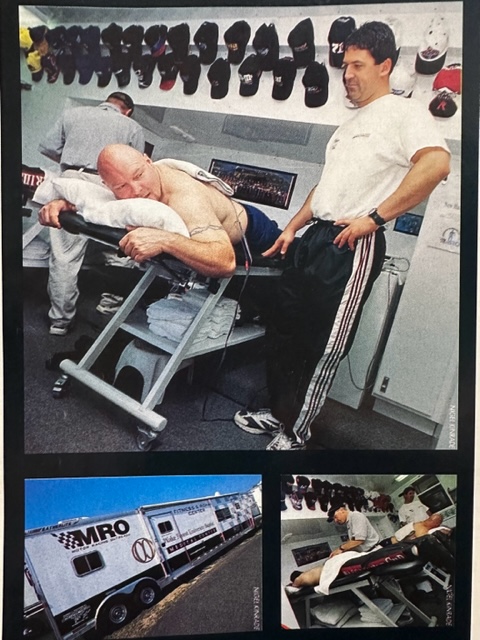
After a couple of years, Quinn decided to take a break from athletic training, but he is now back this year doing Weedsport’s athletic training. Quinn is not full-time at Weedsport but got asked to be at most home games because there has been a struggle to find athletic trainers nearby.
Many schools around Weedsport don’t have athletic trainers at their school. Quinn said, “When I go to the athletic training conferences there are always a lot of young athletic trainers then there’s some old athletic trainers but the ones that are 40-50 there’s very few of them.”
Quinn believes there could be multiple reasons for this. The first reason is the pay. Athletic trainers make about $50,000 a year, whereas a physical therapist that requires the same amount of school makes around $80-90,000 a year. It’s also hard to have a family and be productive when the hours are pretty much nights and weekends only. Normal full-time athletic trainers have to put in 60-70 hours a week no matter what level of sports they are at. Another reason for this shortage of athletic trainers is the schooling, athletic trainers now require a master’s degree to get started. A lot of people start with an athletic training degree but then expand on it and go into something else and end up in a different career.
Although there may not be many people interested in athletic training anymore, Quinn said he would absolutely recommend an athletic training career. Quinn explained that the best part of athletic training is that you get to work with athletes. “Athletes are amazing people. They want to get better and they work hard. They are driven and dedicated and it’s just a lot of fun to be a part of the sports and work with the athletes.” There are also plenty of amazing opportunities that come with athletic training; like going to big games, meeting amazing athletes, or even expanding on your career. Being a part of the healthcare industry is amazing in itself. Most athletic trainers expand their careers and become physical therapists or orthopedic surgeons on top of doing athletic training. By becoming an athletic trainer you get the medical basics for any medical career.
When athletic trainers are looking for a job, Quinn believes there are two important things the school needs to make sure they have to attract a good athletic trainer. The first is a good workplace or training room. Quinn said he needs an area where he can access his athletes off of the field or court that isn’t out in the open. Athletic trainers also need an area to store their things, and a practical area to use equipment on the athletes. (If you would like a tour of Quinn’s workspace at Weedsport, see the video at the top of this story)
The second important thing is respect. Quinn strongly recommends that athletic trainers should work at a place where the athletes and coaches respect them. The athletic trainers are trained professionals and have gone through a lot of schooling to get where they are today. They have a lot of knowledge about when athletes should play or shouldn’t play and in some cases that is easily overlooked.
Quinn explained that he would love to see schools offer more sports medicine courses in high school. He believes that a school could hire an athletic trainer who could also teach these courses on top of tending to the athletes. If classes like anatomy and physiology were being offered early on, many more students would go into the healthcare system or maybe just get a clearer view of what they want to do as a career – whether that’s being an athletic trainer, phlebotomist, doctor, or nurse.
Quinn said, “I know athletic trainers look like they’re just sitting on the sideline watching the game, but when I’m watching the game I’m not watching the game, I’m watching for injuries and that’s very different. It’s intense and a different way of seeing athletic contests.” This is exactly what Quinn does at Weedsport.
Before any games, Quinn has a three-step routine. He first makes sure he has everything he needs close by. This includes a bucket of ice and a towel. The ice bucket is pretty self-explanatory, but surprisingly the towel is the complicated one. The towel’s main purpose is for blood. If an athlete has an excessive amount of blood Quinn will take the towel to cover the blood while he puts his gloves on then will assess the issue. The towel can also be used for other things like water spills or sweat. The second thing Quinn does in his pre-game routine is walk across the court or field that the athletes will be on. He does this to look for anything that could be an issue or hazard to the athletes. Quinn explained that he has found many interesting things in the playing area while doing this, some include tissues, cloth, water, stones, pencils, and even glass. The third and final step to Quinn’s routine is to let people know he is available and ready. Quinn will introduce himself to the refs and coaches from the other team. He will communicate how people can find him on the court or in a football game he will communicate how to stop the game if he needs to assess someone on the field.
Quinn doesn’t go on the field alone, of course, he brings his fanny pack. “That fanny pack is as funny as it becomes your workspace,” said Quinn. The most important tool in Quinn’s fanny pack is his tape, he explained how it can be used for many things and you can pretty much tape any part of your body that needs it. The items in his fanny pack include tape, pre-wrap, healing lace pads for blisters, band aids, gauze pads, Steri-Strips, a CPR mask, and a tool for taking the facemask of a football helmet off in case CPR is needed on a player. Before Quinn got the tool to remove the facemask of a football helmet he used to carry screwdrivers or pruning shears, but this tool is a much easier and faster way to assess the issue. Athletic trainers all have different things in their fanny packs but Quinn said he bets every single one has tape and bandages.
Quinn loves working at Weedsport, he said he’s loved the places he’s worked at because it’s fun to meet new athletes and root for them while helping them out. Quinn has a connection to Weedsport by being an alum. He loves seeing how the sports have progressed since he’s been there and seeing how good the athletes are. Weedsport athletics have always been a huge part of Quinn’s life.
In high school, Quinn played basketball and track and field, but had siblings and cousins that played sports that Quinn would go watch. Quinn held the school high jump record until last year, when it was broken by his nephew Troy Brown. Quinn said he’s proud to be a Weedsport Wolverine now, helping athletes and watching them continue to do great things.
“I have never ever met an athletic trainer who didn’t love being an athletic trainer,” Quinn said.
Athletic training has brought Quinn through many different experiences. Weedsport is lucky that his journey eventually brought him back home.
